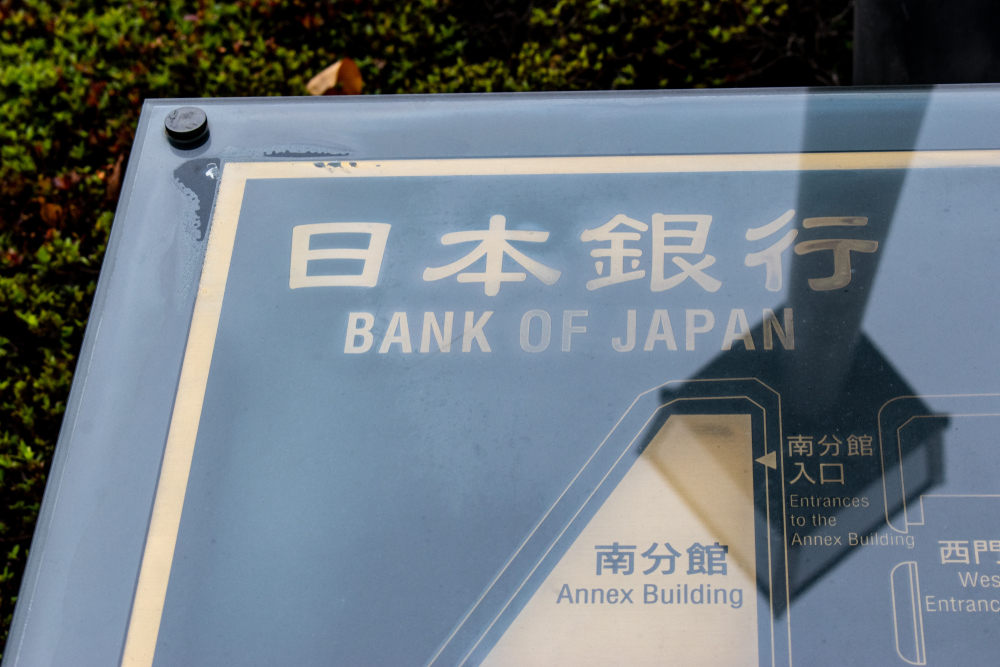
- ARAB NEWS
- 02 May 2024

TOKYO: The Bank of Japan managed to avoid latent losses on its holdings of exchange-traded funds at the March 31 end of fiscal 2019, thanks to the stock market's recovery from its slump reflecting the novel coronavirus crisis, informed sources told Jiji Press on Monday.
The central bank's unrealized losses on ETFs is believed to have ballooned to about 3 trillion yen temporarily in March as the benchmark Nikkei average of 225 select issues on the Tokyo Stock Exchange's first section dived below 17,000 at one point in the month due to investor worries over the epidemic's impacts on corporate earnings.
But the Nikkei bounced back near 19,000 on a closing basis on March 31, enabling the BOJ to secure an estimated latent profit of hundreds of billions on yen, the sources said. Still, the amount of latent profit plummeted from the level of nearly 4 trillion yen at the end of September last year.
Details will be disclosed in the BOJ's fiscal 2019 financial results set for release shortly.
The BOJ has been expanding its ETF purchases under its massive monetary easing policy. As the balance of its ETF holdings stood at about 30 trillion yen at the end of March, there have been concerns over deterioration in its financial health stemming from falling stock prices.
If the BOJ incurs latent losses on investment, it needs to set aside reserves, resulting in a fall in the amount of the central bank's contributions from its surplus funds to the state coffers.
At its monetary policy meeting on March 16, the BOJ decided to double its annual ETF purchases to 12 trillion yen as part of additional easing steps.
At a parliamentary committee meeting on March 18, BOJ Governor Haruhiko Kuroda said, "The BOJ's latent losses on its ETF holdings total 2 trillion to 3 trillion yen based on the Nikkei average reading at the moment."
Meanwhile, the balance of the BOJ's overall assets stood at some 604 trillion yen at the end of March, hitting a record high for the eighth straight year, according to the sources. Japanese government bonds accounted for some 485 trillion yen of the total, the sources said.
JIJI Press